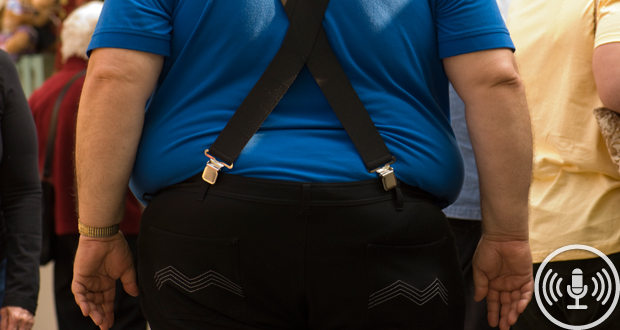NSW Health recently warned doctors against using the term "obese" to preserve the dignity of patients, but a work health and safety manager has argued the term is important for patient admissions data.
At the Australian College of Nursing's recent National Nursing Forum, WA Country Health Service's (WACHS) Kim McClean spoke about the importance of obesity coding accuracy in mitigating patient handling risks to healthcare staff.
She said the guidelines instructed doctors to use positive language when discussing the weight of their patients as well as talking in a non-judgmental manner.
“Doctors are told not to use words like 'skinny', 'malnourished' and 'morbidly obese' and instead use terms like ‘well above healthy weight’,” she said.
McClean said the problem with this is that obese is a clinical term, not a derogatory one, and is defined by a BMI rating of above 30.
“The use of subjective words doesn’t result in clinical findings, so the use of data will be voided meaning we can't identify those who are obese,” she said.
Her pilot study examined the use of obesity terms and indicators in WACHS patient admission data to quantify obese patient admissions, determine the accuracy of obesity coded data within the patient admission data and examine the availability of alternate methods of determining and recording obesity.
It reviewed 310 records of adults who were admitted to WACHS hospitals between 2015 and 2017 with type 2 diabetes (associated with obesity).
“Seven methods of quantitative analysis were used to determine accuracy of obesity coding between medical file content and admission data.
“An examination of current coding practices and clinical note taking was also conducted in order to provide recommendations for improved obesity coding,” the study read.
McClean said the study would support what she suspected - that the use of the word obese would be able to lead to improvements in data recording and accuracy, and in turn better support staff.
"With accurate data we can show trends and the data can be used to increase resources like wheelchairs which will reduce the risk of injury to nursing staff," she said.
Do you have an idea for a story?Email [email protected]
 Aged Care Insite Australia's number one aged care news source
Aged Care Insite Australia's number one aged care news source

